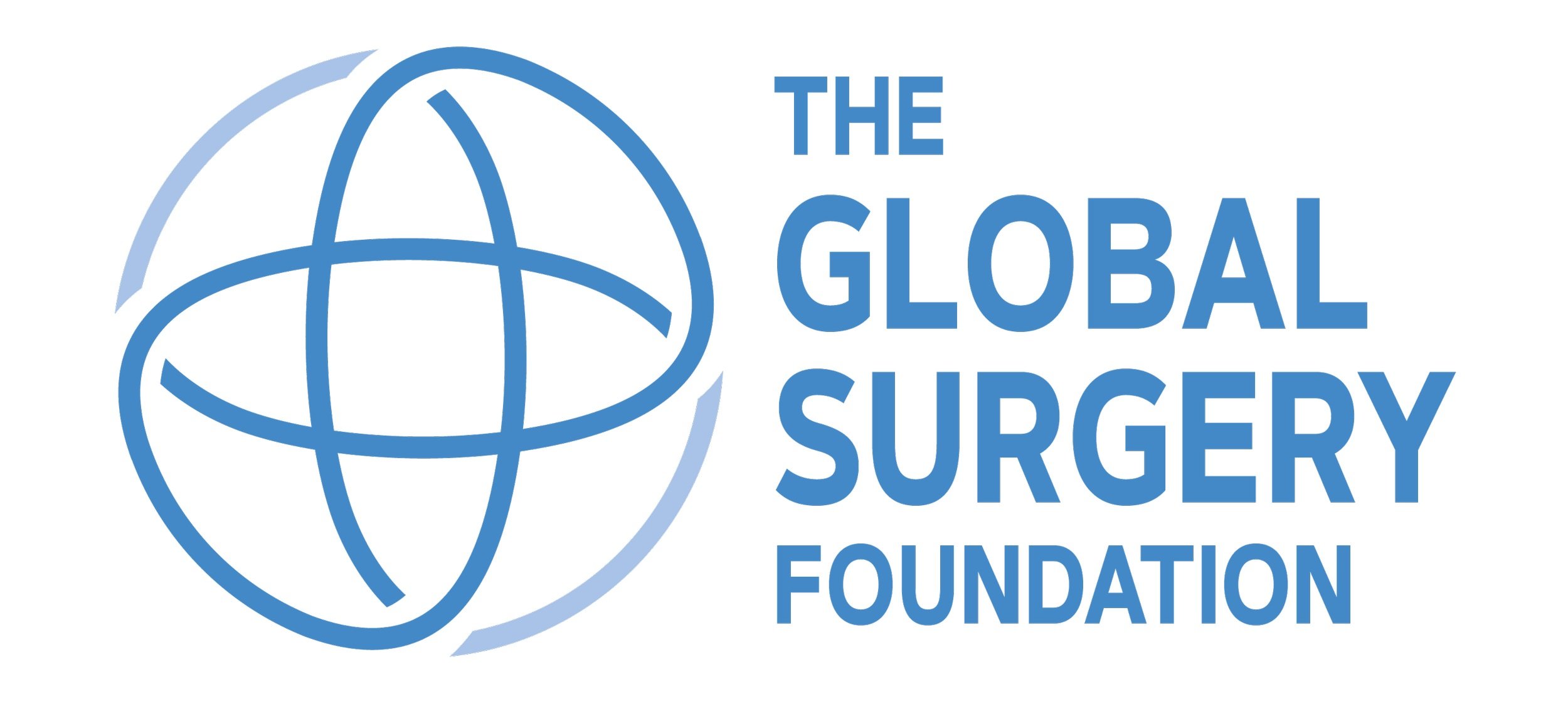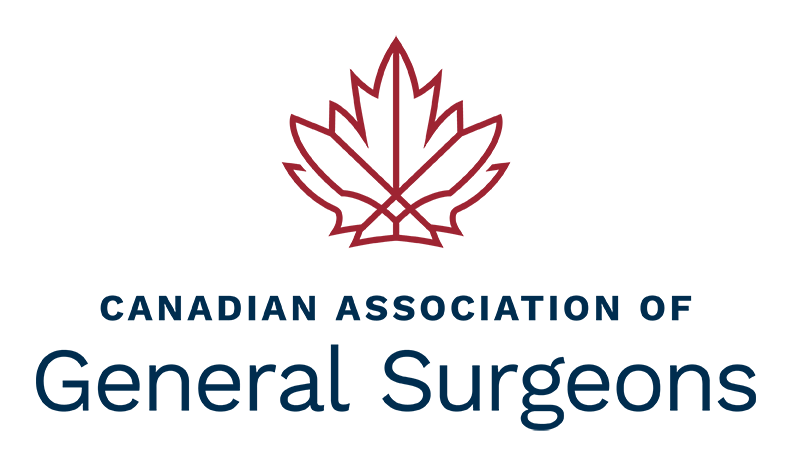Watch: Discussing quality improvement interventions to reduce anastomotic leaks
This event covered the practice of EAGLE, a blinded, cluster-randomised trial examining a behavioural change intervention designed to reduce anastomotic leak following right colectomy, which is a common bowel operation.
The discussion focused on the following manuscript:
3 December 2024
16:00 CET/ 10:00 AM EDT/ 07:00 AM PDT
Consider donating to support our mission.
Background
This event was part of a monthly virtual journal club hosted by Evidence-based reviews in Surgery (EBRS) to discuss surgical literature and best practices in surgery. It focused on the practice of EAGLE, a blinded, cluster-randomised trial examining a behavioural change intervention designed to reduce anastomotic leak following right colectomy, which is a common bowel operation.
The EAGLE program is a global initiative involving 64 countries and 3268 patients, featuring an intervention combining online training for surgical techniques, a digital risk calculator and an in-theatre checklist. This paper aims to create and evaluate an international standardized quality improvement intervention to understand if it can decrease anastomotic leaks.
In the event, a panel of experts discussed quality improvement interventions to reduce anastomotic leaks and best practices. This event was hosted as a collaboration of the Global Surgery Foundation, the United Nations Institute for Training and Research, the Canadian Association of General Surgeons and Evidence-based reviews in Surgery, as an accredited group learning activity.
Objectives
Event objectives
Review the evidence supporting the practice of online training for surgical techniques and use of checklists to improve outcomes.
Critically appraise the manuscript assessing the quality improvement intervention that included behavioral change to reduce anastomotic leaks.
Discuss strengths and weaknesses of the trial, as well as reproducibility in low-and-middle income countries and resource-limited settings.
Learning objectives
After the event, participants will be able to:
Describe the methods and results of the EAGLE trial.
Define what a pragmatic, batched stepped-wedge cluster randomized trial is.
Identify the key components of decreasing anastomotic risk as seen in the EAGLE trial.
Panelists
Moderators
Mrs. Nefti Bempong-Ahun, Project Manager, the GSF
Dr. Ameer Farooq, Assistant Professor, Queen's University in Kingston, Ontario, Canada
Dr. Kerollos Wanis, Assistant Professor, The University of Texas, MD Anderson Cancer Center, United States
Panelists
Dr. Francesco Pata, Assistant Professor and Attending General Surgeon, University of Calabria, Italy
Prof. Anita Gadgil, Surgery & Public Health, Department of Preventive Oncology and Public Health, Cachar Cancer Hospital and Research Centre, India
Dr. Patricia Sylla System Chief of Colon and Rectal Surgery, Mount Sinai Hospital, United States
Dr. Marylise Boutros, Regional Digestive Disease Institute Director of Research, Cleveland Clinic Florida, United States
Target audience
Surgeons, nurses and staff, health administrators and policy makes interested in best practices for reduce anastomotic leaks, applicable to low and middle-income countries for health systems strengthening.
Accreditation
This event is an Accredited Group Learning Activity (Section 1) as defined by the Maintenance of Certification (MoC) Program of the Royal College of Physicians and Surgeons of Canada and approved by Canadian Association of General Surgeons. You may claim a maximum of 1 credit. The Royal College of Physicians and Surgeons of Canada MoC credits are recognized through agreement by the following international organizations:
American Medical Association (AMA)
The European Board for Accreditation in Cardiology (EBAC)
European Union of Medical Specialists - European Accreditation Council for CME (UEMS-EACCME)
Qatar Council for Healthcare Practitioners, Ministry of Public Health (QCHP)
Please contact CAGS for further information regarding the certificate at learn@cags-accg.ca
Consider donating to support our mission.
The event was organised as a collaboration of










